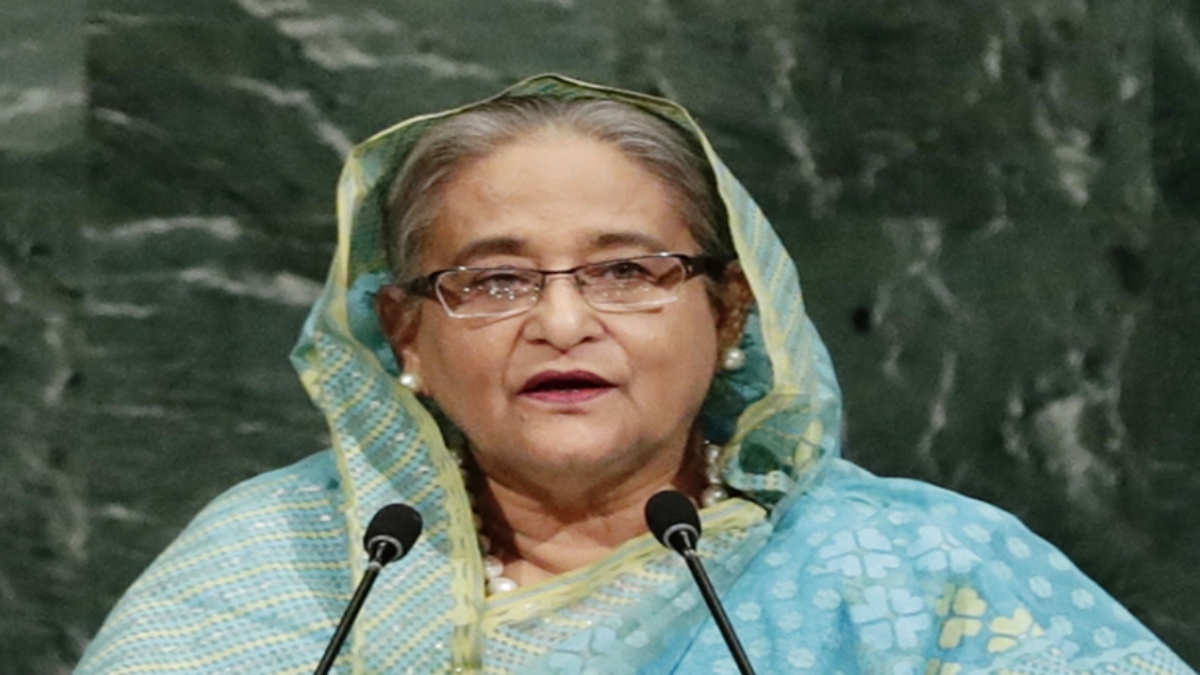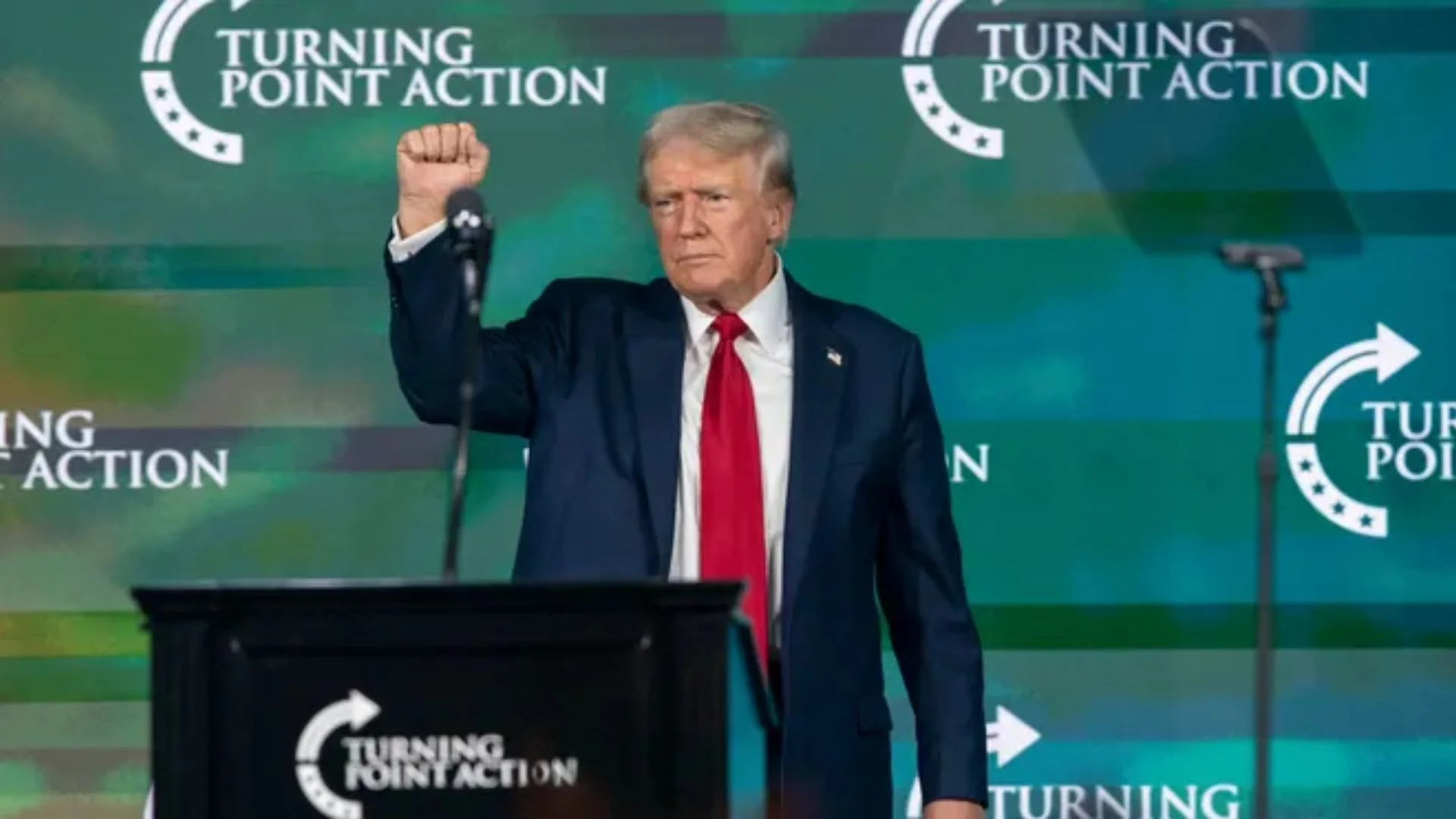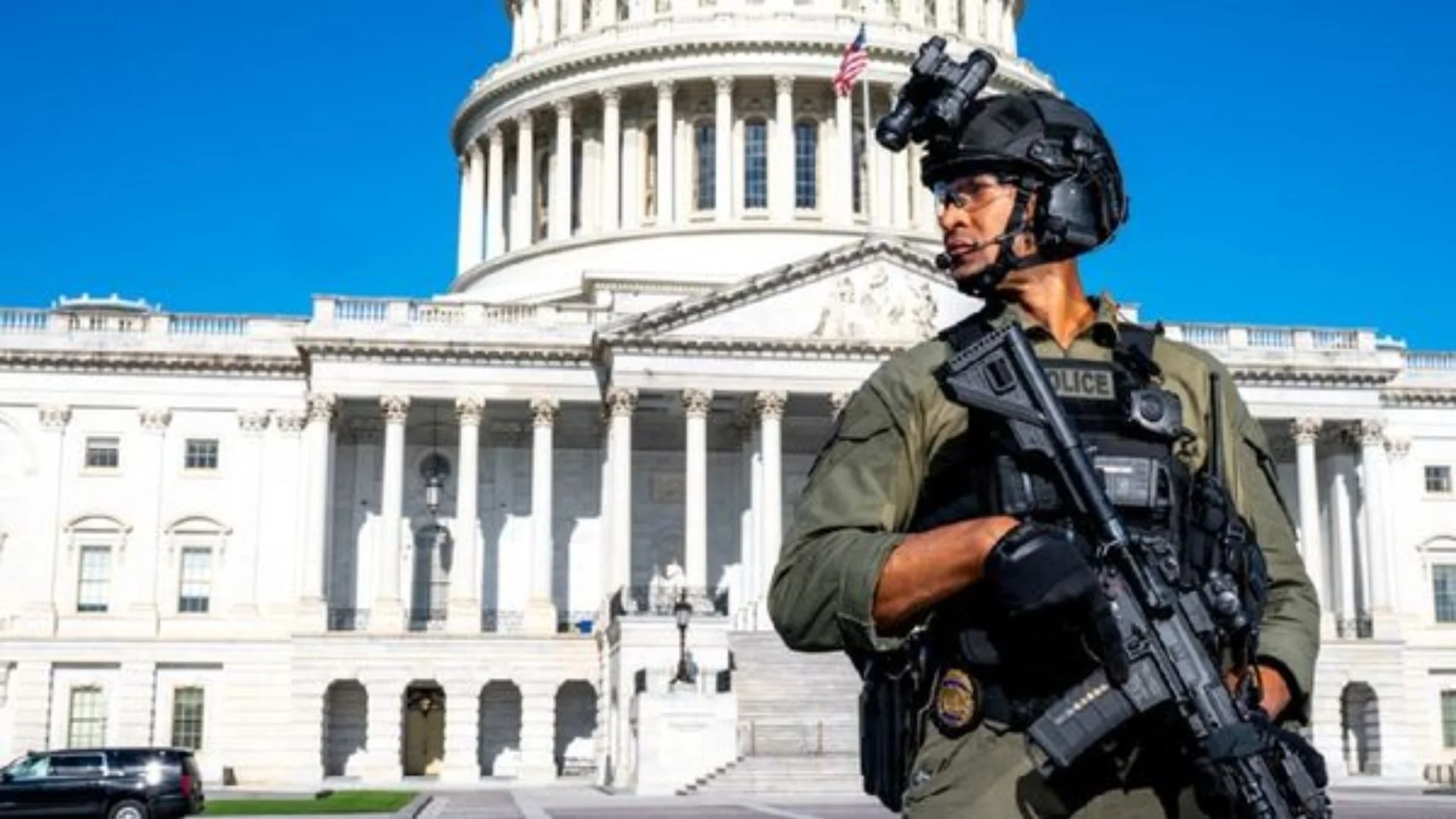
Last Friday, Sheikh Hasina’s government completed three years of being in power in Bangladesh, and the next elections are just two years away. Hasina’s party virtually does not have any rivals, and Bangladesh Nationalist Party (BNP), the main political rival of Awami League, is in utter disarray. Khaleda, the party’s chairperson, was in in jail on multiple corruption charges and is now staying at home after being released on parole. Another BNP driving force, Khaleda Zia’s son Tareq Rahman, fled to London on a bond to discontinue the politics. Within the country, multiple cases are against him, and he can be sentenced to a lifetime in prison if he comes back. Moreover, In Bangladesh, there is a buzz that Tariq Zia has led the BNP following the instructions from the advice of the Pakistani Inter-Services Intelligence (ISI).
Nonetheless, Rahman is running the party by sending out the instructions from London.
Amid these circumstances, America and China— the two countries moving forward with different aims and strategies— are trying to gain the confidence of Sheikh Hasina’s government. The US is trying to bring Sheikh Hasina’s government closer by exerting pressure on it. On the other hand, China wants to convince the Bangladeshis of being an all-weather friend.
India’s position, in this case, will be the harbinger of its new neighborhood policy in South Asia. Will India stand by on behalf of Bangladesh in diplomatic channels or political channels regarding US pressure? Or will the Chinese strategy to draw Bangladesh closer fall into place.
The US has done two things about Bangladesh recently. One is that it has not invited Bangladesh to the Democracy Conference and, secondly, it has banned seven former Rapid Action Battalion (RAB) activists from entering the United States, citing human rights abuses. Nevertheless, Sheikh Hasina’s government is not bowing down to US pressure.
Chinese Ambassador to Bangladesh Lee, recently, sharply criticized the United States in a video message on their official website. However, there is no denying that China is speaking in favour and on the behalf of Bangladesh only to serve its own interests.
As Bangladesh celebrated 50 years of victory, this year, the Bangladeshi people repeatedly remembered the role of China during the war for liberation. During the war, China and the US Americans were on the same page— in favor of Pakistan. The Chinese government supplied arms to the Pakistani army.
In fact, China did not recognize Bangladesh even when the Bangabandhu Sheikh Mujibur Rahman was alive. On the other hand, during the war, the Government of India, the Indian people, and the then Prime Minister of the country, Indira Gandhi, stood firmly for the liberation of Bangladesh. India gave food and shelter to one crore refugees for a year, trained the freedom fighters, and supplied arms. 10,000 Indian soldiers sacrificed their lives for the independence of Bangladesh.
In 1971, Indira Gandhi took a huge risk by going to war against Pakistan, and the pro-freedom Bangladeshis have not forgotten it. Bangladesh—that once was called the bottomless basket by the then US Secretary of State Henry Kissinger—is now standing at its pinnacle.
Former United States Secretary of State Condoleezza Reich wrote in her autobiography, “Bangladesh is small, but the country is important to the United States.” However, the reality is that Sheikh Hasina’s government in Bangladesh has not given much importance to the US in recent years.
On the other hand, China wants to get closer to Bangladesh just to fulfill their own economic interests, and to establish their domination in the Bay of Bengal and the Indian Ocean by pushing India.
For this, China utilises its debt-trap diplomacy, and Sri Lanka is an exemplary victim of it. China has already taken over two Sri Lankan ports due to the non-payment of loans. It is evident that Bangladesh is China’s biggest hindrance in flanking India in the waters and on the land. Bangladesh, however, does not want to give that opportunity to China.
Before the next election, the US is imposing these sanctions to strengthen the anti-government sentiment against Sheikh Hasina. The actions of the US are meant to put pressure on Sheikh Hasina first, and if that fails, then to trigger a movement against Sheikh Hasina’s government in the country.
India should come forward as this is an opportunity to draw Bangladesh closer so that China cannot succeed in implementing its malicious design. South and Southeast Asia will be in turmoil if US influence in the region and China’s expansionist policy see the light of the day. India has a bigger role to play in maintaining peace and stability in the region. –















